
An aerial view of the Lingang Special Area of the China (Shanghai) Pilot Free Trade Zone in Shanghai. (Photo by Gao Erqiang/China Daily)
Premier Li Qiang has called for greater efforts to implement the strategy of upgrading pilot free trade zones in order to promote reform and development with high-level opening-up.
Li made the remarks during an inspection tour of Shanghai on Wednesday and Thursday to research the construction of pilot free trade zones.
He visited Shanghai Lingang Center in the Lingang Special Area of China (Shanghai) Pilot Free Trade Zone and several enterprises, learning about the development of the pilot free trade zone.
The establishment of Lingang Special Area in southeastern Shanghai is an important strategic deployment by the Chinese government for further opening-up. It is an important measure to show China's strong commitment to all-around opening and actively participate in the development of economic globalization.
By 2025, the special area aims to form a relatively well-established institutional system featuring the liberalization and facilitation of investment and trade, set up functional platforms with greater openness, and become a cluster of world-class enterprises.
During his inspection, Li emphasized the need to deepen opening-up in a wider range of fields and improve the industrial and business environment.
While visiting a cross-border data company, Li pointed out that the cross-border flow of data is a matter of great concern for all parties. He expressed his hope that the company would actively explore and accumulate practical experiences to make contributions to the nation in improving relevant systems.
While chairing a symposium attended by officials of the Ministry of Commerce and those from eight provinces and municipalities — Shanghai, Beijing, Jiangsu, Zhejiang, Henan, Hubei, Guangdong and Shaanxi, Li emphasized that the construction of free trade zones is an important strategic measure to promote reform and opening-up in the new era.
Over the past decade, the construction of pilot free trade zones has played a leading role in institutional innovation, created a vivid example of open development and promoted the implementation of major strategies, playing an important role in China's process of reform and opening-up, he said.
Li said that efforts should be made to vigorously implement the strategy of upgrading free trade zones.
The focus should be on aligning with high-standard international economic and trade rules, promoting institutional opening-up and achieving higher level of liberalization and facilitation in trade in goods, he said.
Efforts should also be made to promote the innovative development of trade in services and explore new models for cross-border data management, he added.








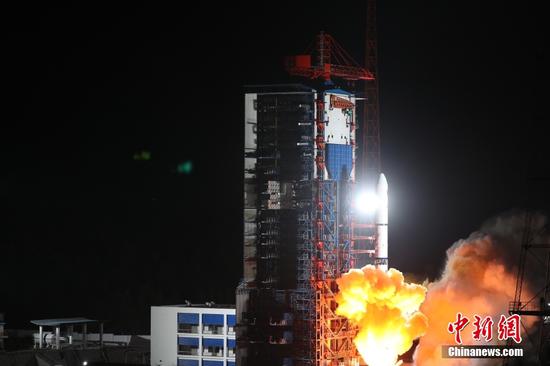
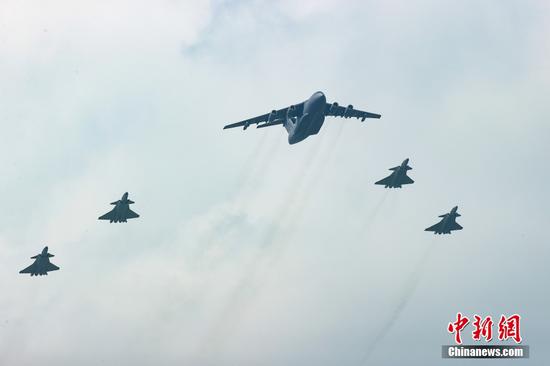
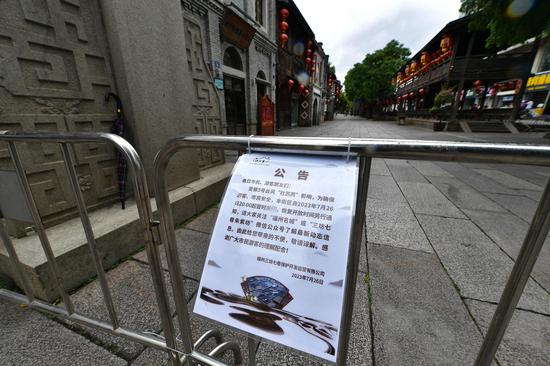


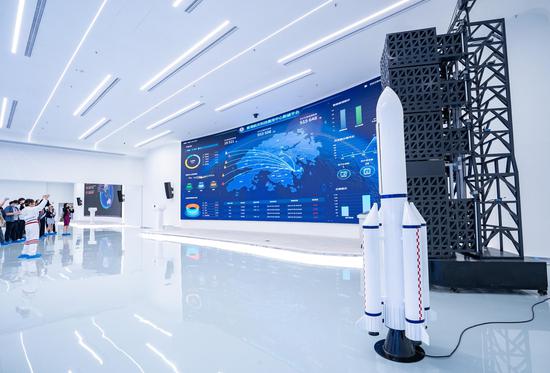
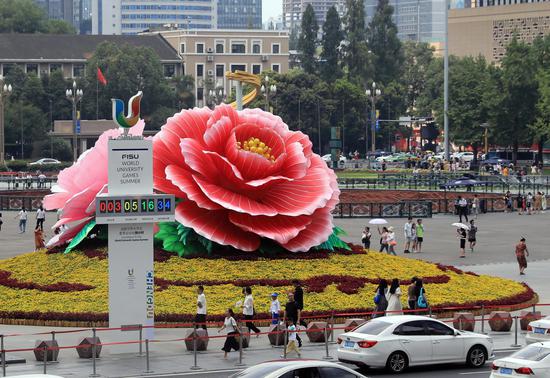
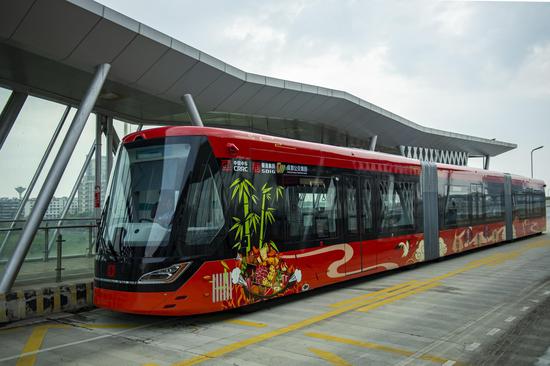
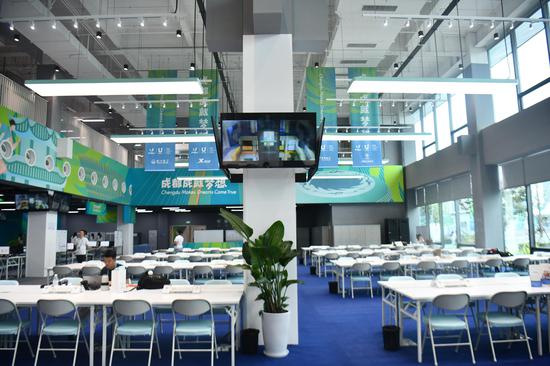







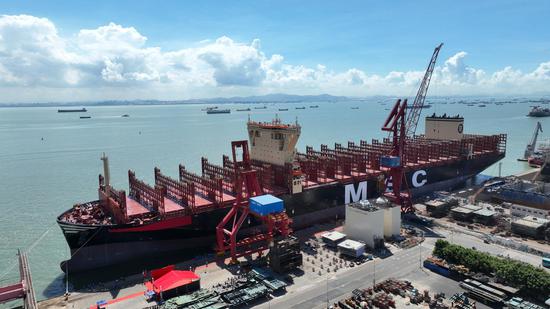


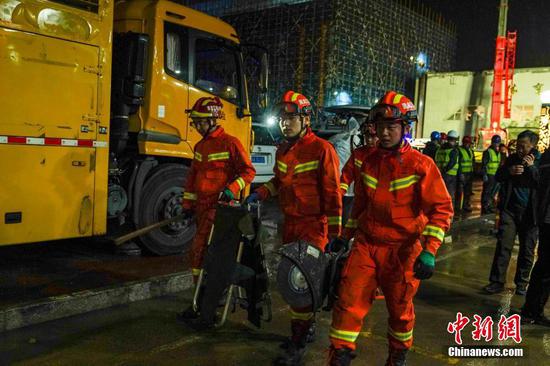

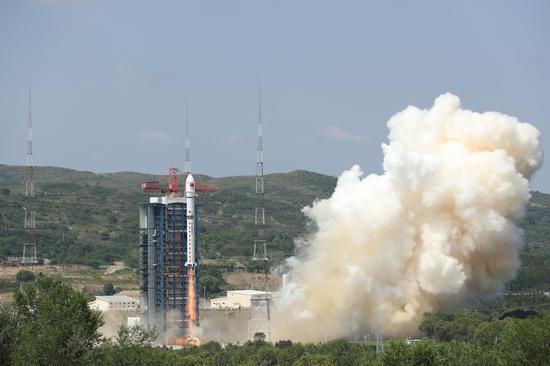




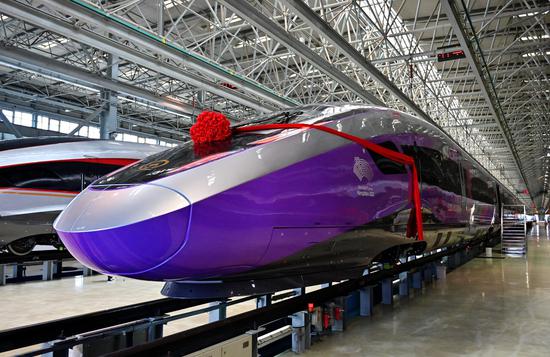









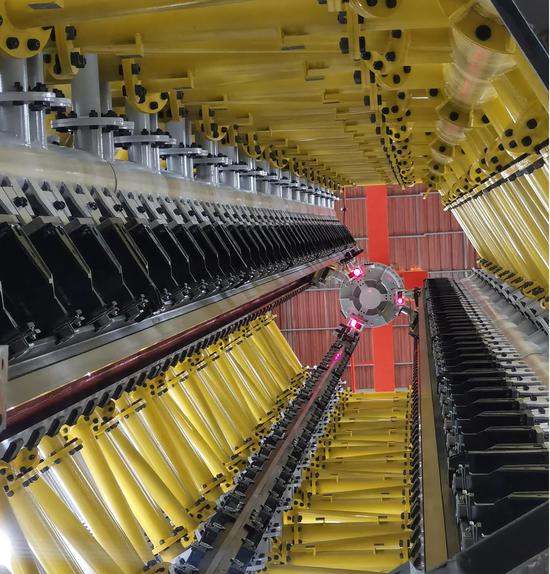



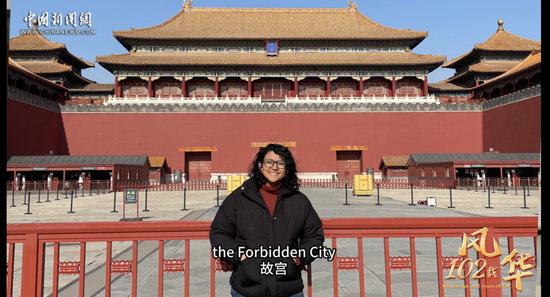

 京公网安备 11010202009201号
京公网安备 11010202009201号